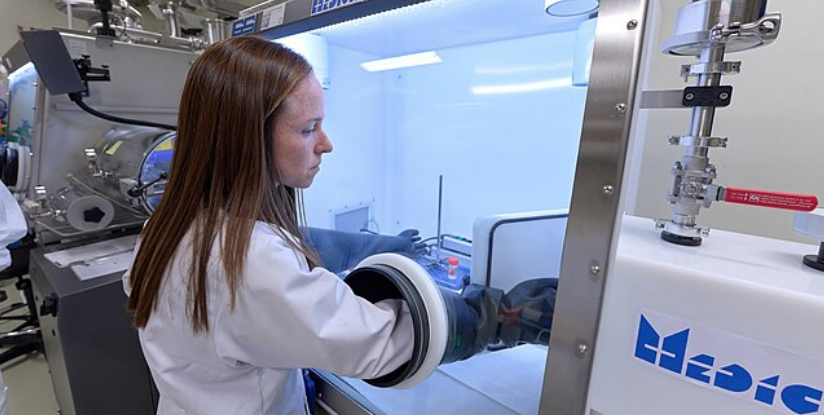The BIOSECURE bill, which would forbid US drug companies from outsourcing various tasks to Chinese firms, has significant implications for American companies that rely on Chinese firms for manufacturing and research services. For instance, WuXi is a major contract manufacturer for big pharma, similar to how Foxconn works with Apple. WuXi has partnerships with the world’s top 20 drug manufacturers and many American pharmaceutical companies have warned that they may struggle to meet demand or complete clinical trials on time if the BIOSECURE bill becomes law. Jefferies, an investment bank, estimates that it would take Western drug firms at least five years to replace Chinese manufacturing capacity, likely leading to increased costs.
The debate over national security concerns is complex, as it is challenging to determine the true impact of cutting ties with China on the likelihood of conflict. Does weakening China reduce the chances of war by limiting their power, or does it actually increase the risk by potentially provoking conflict? One thing that is clear is that nationalism has a less successful track record compared to internationalism when it comes to promoting peace and stability.
In recent years, there has been a growing push to cut off the US from interacting with the Chinese economy. The healthcare sector is the latest to be impacted by this proposal. The Economist reports that this move would have significant implications for American companies that rely on Chinese firms for manufacturing and research services. Many American pharmaceutical companies have warned that they may struggle to meet demand or complete clinical trials on time if the BIOSECURE bill becomes law.


